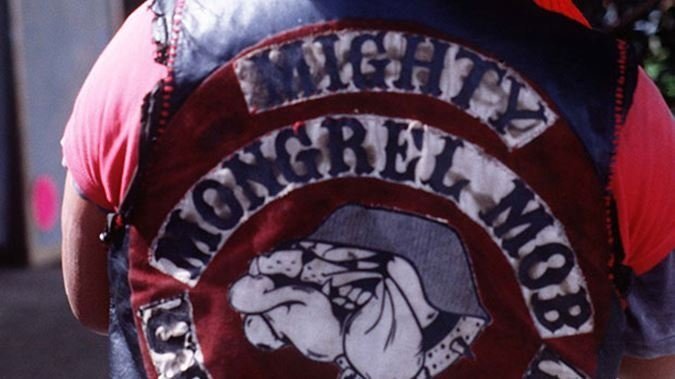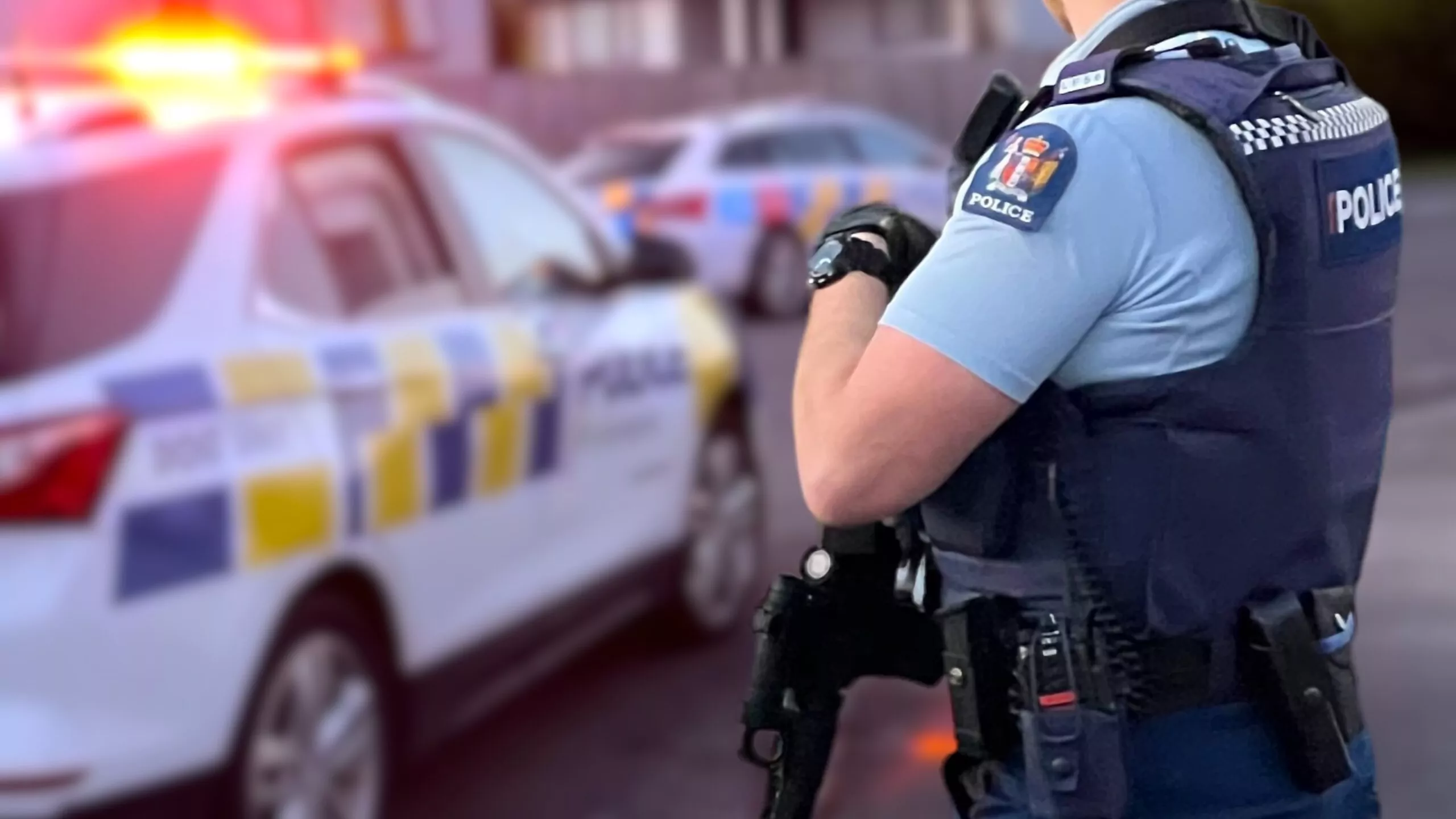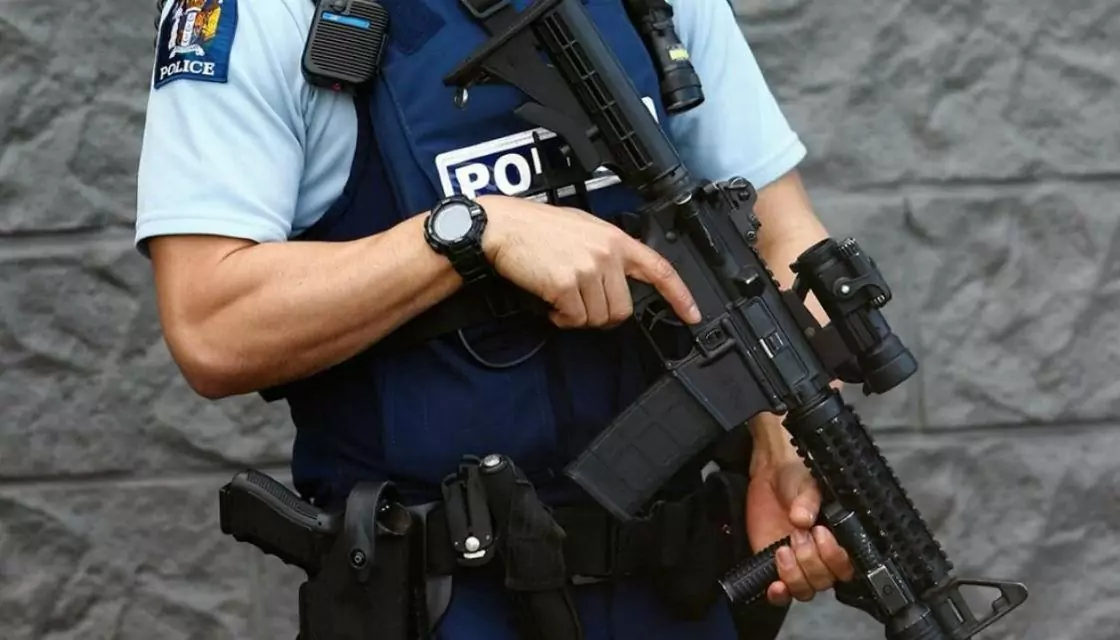The escalating gang tensions in Ōpōtiki have led to a week-long closure of local schools, illuminating the rising tide of lawlessness in parts of New Zealand, National’s acting police spokesperson Paul Goldsmith said.
He’s calling the situation a stark and shocking portrait of how criminal audacity, unchecked, can paralyse a town.
Ōpōtiki College Principal Terehia Channings said the school was closed for the remainder of this week.
“In consultation with police, Te Whakatōhea Trust Board, Te Rūnanga Nui o Whakatōhea and Principals of local schools our Board of Trustees and the Ministry of Education have supported my decision to close the College for the remainder of the week.
“This means all sports events and extra-curricular activities will be cancelled and rescheduled where possible. I know this will impact on our rangatahi, however safety for all has to be the priority under these circumstances.
“The College will re-open Monday 19th June and Wānanga week will continue as planned. Your Wānanga teachers will be making contact with you to check that you are organised and ready to go.
Waiotahe Valley School is also closed because of gang tensions.
Goldsmith denounced the Labour government for what he termed a shameful failure to tackle gang-related issues.
He argued that Labour’s inaction has allowed this criminal boldness to take root and spread.
Prime Minister Chris Hipkins, when asked for comment, described the situation as “unacceptable”. However, he did not propose any concrete action or plans in response, which attracted criticism from Goldsmith.
The acting police spokesperson attributed the grim turn of events to Labour’s lack of a cogent strategy for tackling gang activities.
“Gang membership has soared 66 per cent since Labour took office six years ago. This is a direct result of their inaction,” Goldsmith claimed.
He pointed out Labour’s stance on crime, which, according to him, leaned towards reducing the prison population by 30 per cent, irrespective of crime levels within communities.
He argued that this approach inadvertently promotes a culture of leniency towards crime and empowers gangs.
The situation in Ōpōtiki, he maintained, underscores the urgency to take decisive action against those spreading fear and negatively affecting community life, particularly the education of Kiwi kids.
National, Goldsmith declared, is ready to arm the police with more power to handle gang-related issues. He outlined several key measures that a National-led government would enact:
-
Banning gang patches, identified as a catalyst for recent surges in gun violence.
-
Empowering police with non-association powers to deter gang members from communicating and planning illegal activities.
-
Enabling police to issue dispersal notices to prevent gang members from gathering in public spaces, where they often intimidate or assault innocent people.
-
Providing police with warrantless search powers to seize firearms from violent armed gang members.
“Unlike Labour, he concluded, National is committed to supporting frontline police officers to effectively tackle gang activities. The disturbing events in Ōpōtiki stand as a harsh reminder of the pressing need for more robust crime control policies.”









